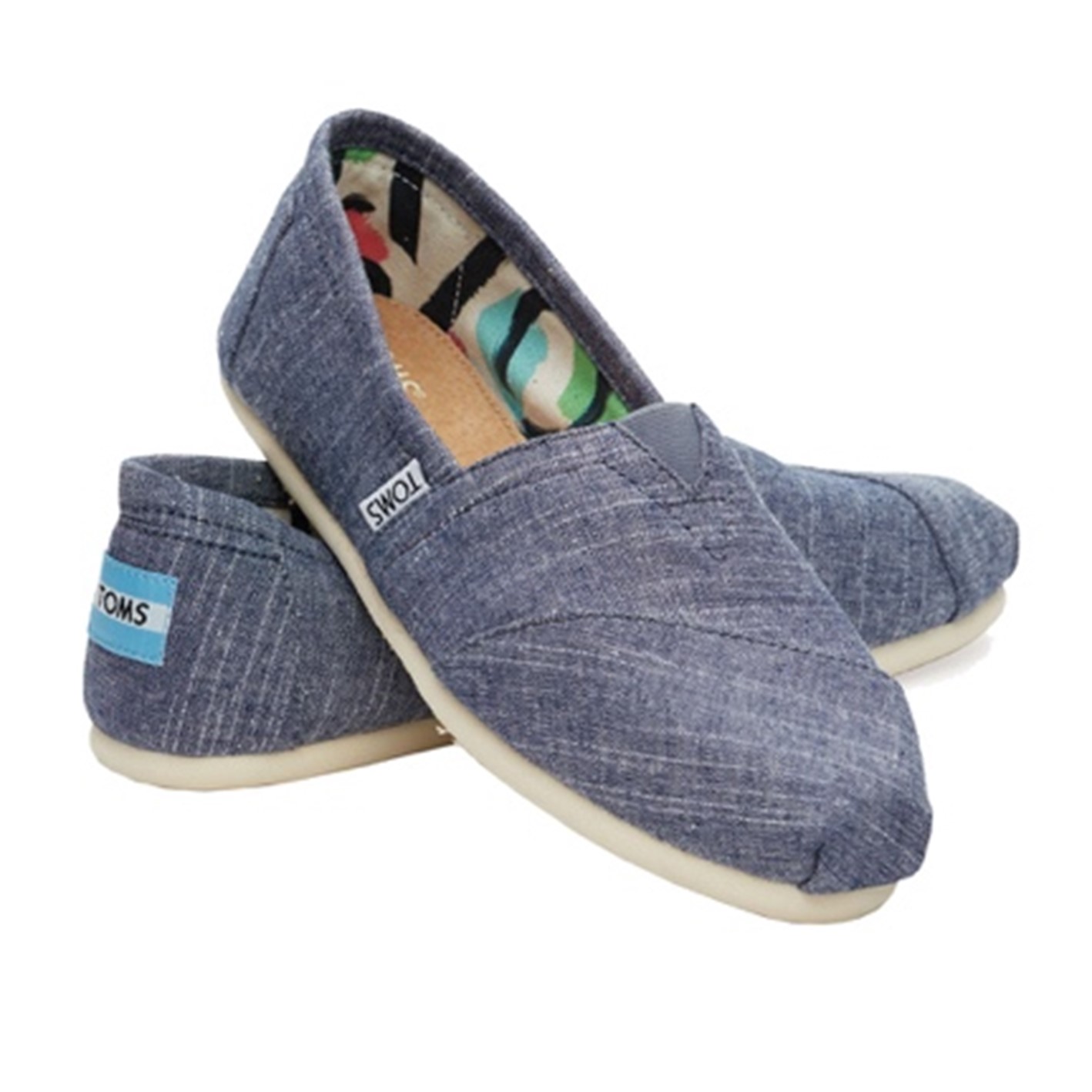Values play an essential role in establishing a brand and its image. They represent what a brand stands for in an ever-evolving marketplace where CSR, ESG and other acronyms are becoming standard in business and consumers are taking harder stances on whether or not to engage with brands based on their values. According to Brownstein’s brand longevity study with The Harris Poll, more than 50% of Americans reported a willingness to boycott a brand based on an ethical or environmental stance. This figure jumps to 57% among consumers under the age of 40.
As Millennials and Gen Z age into the market, how can companies best communicate that their visions for the future align?
Reinvigorating – Not Reinventing – Brands Through Values
Brands don’t have to rewrite their entire playbook to appease audiences with their values; instead, they can adapt existing products and practices to signal shared values with a more discerning customer base. For brands that have previously dominated industries, the adaptation must be palpable in their communications and new product offerings.
Nike, for example, was losing market share towards the end of the 2010s. Rather than entirely reinventing a brand that had been beloved for decades, it made meaningful shifts to reengage with its customer base, including values-driven changes. In the past decade, the brand has increased emphasis on its DEI vision – establishing 2025 commitments to reflect a more inclusive workforce and more empowered communities through grants, programming and services. Its efforts to minimize environmental impact have been lauded by the industry; in fact, the brand ranked second in the Business of Fashion’s Sustainability Index, developed in partnership with the Sustainability Council. Most recently, Nike launched a plant-based sneaker and apparel line, including vegan Air Force 1 (a signature product).

(Source: https://highxtar.com/)
Aside from the pandemic’s impact in 2020, Nike’s revenue has increased year-over-year since 2010 – underscoring that you don’t need to reinvent your brand to grow.
Authenticity in Responsibility
Values are part of the fabric of a brand. Whether demonstrated through employee recognition programs, corporate social responsibility efforts or environmental impact goals, they need to reflect a brand authentically – telling a story of what it stands for to both internal and external stakeholders. In a culture where CSR is becoming a requirement for brands and consumers are becoming more discerning in engaging with brands, authenticity is non-negotiable.
Patagonia has historically taken its values to heart in how it operates, donates and advocates. Operationally, they “build the best product” – having focused on intertwining function, durability and sustainability in their products for nearly five decades. Their goods are produced ethically and in environmentally conscious ways, with the company vetting each factory and serving as a member of the Fair Labor Association. They even launched a “Don’t Buy This Jacket” campaign back in 2011, encouraging fans to purchase thrifted or used Patagonia wear instead of new products – even if it impacted their bottom line.

(Source: https://iby.imd.org/)
But it’s not just about the product; it’s about using their business to protect nature – the inspiration for its company and its brand name. Beyond pledging 1% of sales to the preservation and restoration of nature, they’ve shifted from donating to environmental activist groups to acting as an activist, suing the government for revoking the protected status on more than 2 million acres of American land.
Consumers take notice of this impact. Patagonia topped the list of most reputable brands in America in a 2021 Axios-The Harris Poll survey of nearly 43,000 Americans.
Value-Driven Legacy Building
CSR and ESG can’t fix a company’s need to innovate or evolve its products, but it can work to protect it as competitors come to market with similar offerings. Staying true to a heritage of advocacy allows brands to retain their most passionate fans, even years after the winds of change have blown once-popular products out of the most coveted retail spaces.
TOMS, for many, is seen as the modern forebearer of the current market shift towards enhanced social responsibility. The company’s One for One® model of donating a pair of shoes for each purchase has enabled consumers to do good by simply purchasing shoes, catapulting the brand into the stratosphere towards the end of the 2000s.
Posting revenues over $250 million in 2013, the brand fell out of favor shortly thereafter as more established competitors like Skechers adopted their product styles and behaviors. Failing to make significant innovations to their products while still popular or refresh their corporate image, TOMS saw the demand for their products begin to wane.

Since then, the company has evolved its platform – now committed to donating a third of its annual profits to charities and publishing an impact report on its website each year. While its values may no longer be an industry differentiator, its legacy is rooted in those values – which will always be a distinguishing brand attribute.
The Common Cause
As brands with multi-decade legacies of success struggle to appeal to audiences with expendable income in a landscape oversaturated with choices, values are more crucial than ever for businesses that plan to last. In our research, thousands of young people self-reported that they preferred brands that took action to improve the environment and supported initiatives for equality.
More significant investment in CSR and ESG is the common denominator among many growing brands. The companies behind these initiatives see that as younger audiences supplant the previous generations, these strategies will pay dividends, even if, or when, the hype dies down.